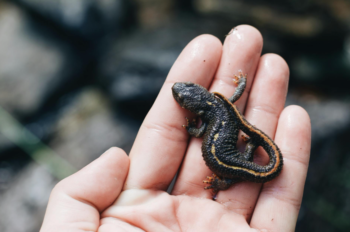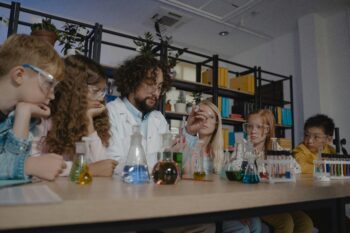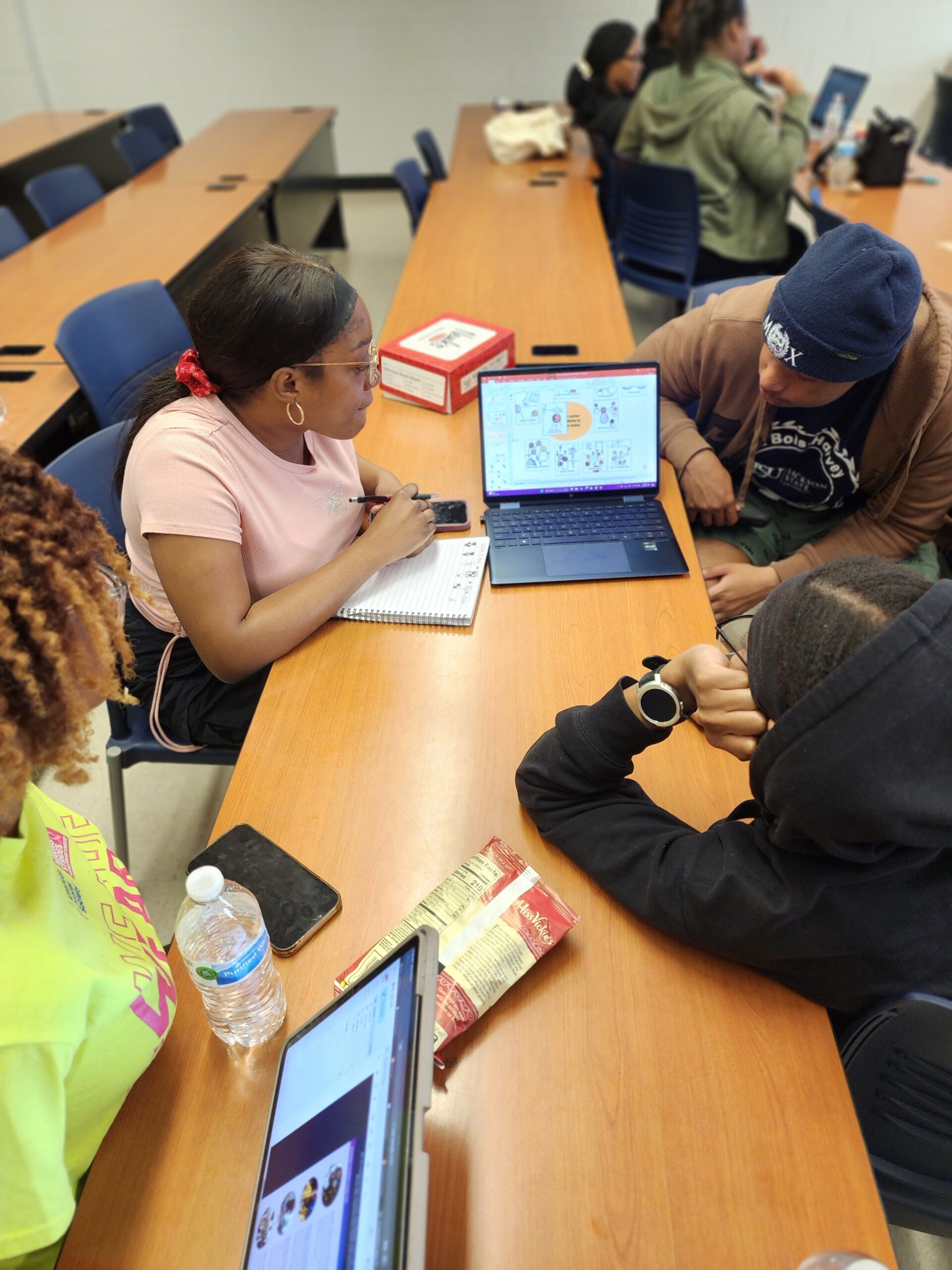At Rockman et al Cooperative, we are dedicated to advancing the understanding of effective and equitable mentoring practices through independent research and evaluation. We evaluate a wide range of mentoring programs, such as industry internships for high school students, undergraduate research experiences, post-baccalaureate apprenticeships, and teacher professional development. Grounded in evidence-based methodologies, our work focuses on how programs support the personal growth, academic learning, and career aspirations of participants. As part of our approach, we work with our clients to explore the pedagogical frameworks that guide mentor-mentee relationships that are unique to their programs. In addition, we analyze skill development provided by mentor-mentee relationship, which may include specific knowledge and laboratory techniques, as well as leadership, collaboration, and problem-solving abilities. Furthermore, our evaluation findings are used to provide insights and feedback to help our partners and clients maximize their impact and better serve their communities. We invite you to learn more about our projects and how we are helping to enhance mentoring experiences across various contexts.. Contact Us to schedule a free 30-minute Q&A session with a consultant.
Selected Projects Include
-
 Photo by Devin Avery on Unsplash
Photo by Devin Avery on Unsplash



